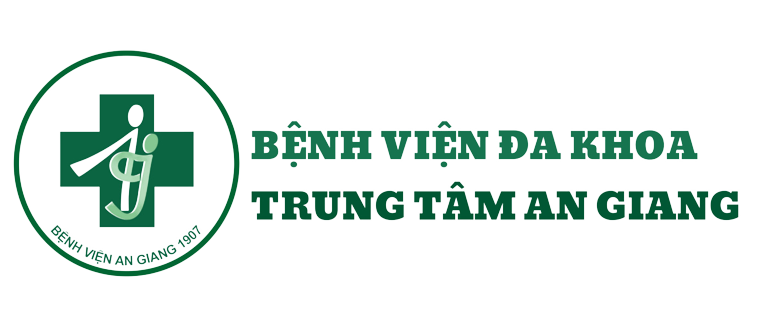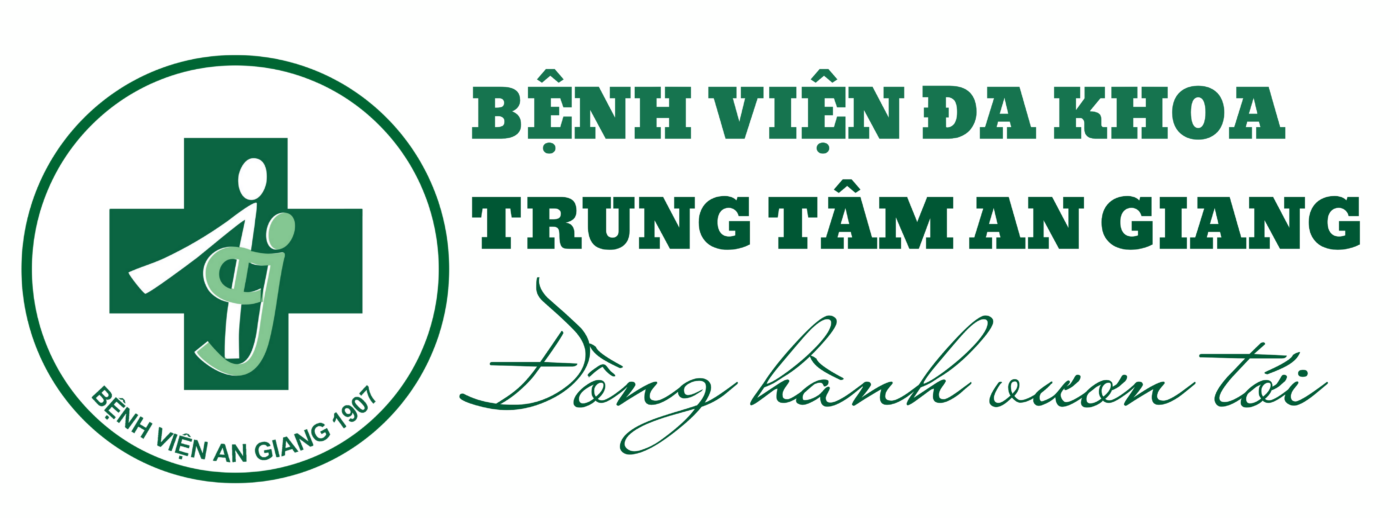Cochrane Database Syst Rev. 2009 Jan 21;(1):CD003124.
Duijvestijn YC, Mourdi N, Smucny J, Pons G, Chalumeau M.
Source: Department of Paediatrics (119), Medical Centre Alkmaar, Wilhelminalaan 12, Alkmaar, Netherlands, 1815 JD. yvonneduijvestijn@xs4all.nl
Acetylcysteine and carbocysteine are the most commonly prescribed mucolytic drugs in many European countries. To our knowledge, no systematic review has been published on their efficacy and safety for acute upper and lower respiratory tract infections (ARTIs) in children without chronic broncho-pulmonary disease.
OBJECTIVES:
The objective was to assess the efficacy and safety and to establish a benefit-risk ratio of acetylcysteine and carbocysteine as symptomatic treatments for ARTIs in children without chronic broncho-pulmonary disease.
SEARCH STRATEGY:
We searched the Cochrane Central Register of Controlled Trials (CENTRAL) (The Cochrane Library 2007, issue 4) which contains the Acute Respiratory Infections (ARI) Group’s Specialized Register, MEDLINE (1966 to 2008), EMBASE (1980 to 2008); Micromedex (2008), Pascal (1987 to 2004), and Science Citation Index (1974 to 2008).
SELECTION CRITERIA:
To study efficacy, we used randomised controlled trials (RCTs) comparing the use of acetylcysteine or carbocysteine versus placebo either alone or as an add-on therapy.To study safety, we also used trials comparing the use of acetylcysteine or carbocysteine versus active treatment or no treatment and case reports.
DATA COLLECTION AND ANALYSIS:
At least two review authors extracted data and assessed trial quality. We performed a subgroup analysis of children younger than two years of age.
MAIN RESULTS:
Six trials involving 497 participants were included to study efficacy. They showed some benefit from mucolytic agents, although differences were of little clinical relevance. No conclusion was drawn about the subgroup of infants younger than two years because the data were unavailable. Thirty-four studies including the previous six trials involving 2064 children were eligible to study safety. Overall safety was good but very few data were available to evaluate safety in infants younger than two years. However, 48 cases of paradoxically increased bronchorrhoea observed in infants were reported to the French pharmacovigilance system.
AUTHORS’ CONCLUSIONS:
The results of this review have to be interpreted with caution because it was based on a limited number of participants included in studies whose methodological quality is questionable. Acetylcysteine and carbocysteine seem to have a limited efficacy and appear to be safe in children older than two years. These results should take into consideration the fact that acetylcysteine and carbocysteine are prescribed for self-limiting diseases (for example, acute cough, bronchitis). Regarding children younger than two years, given concerns about safety, these drugs should only be used for ARTIs in the context of an RCT.





